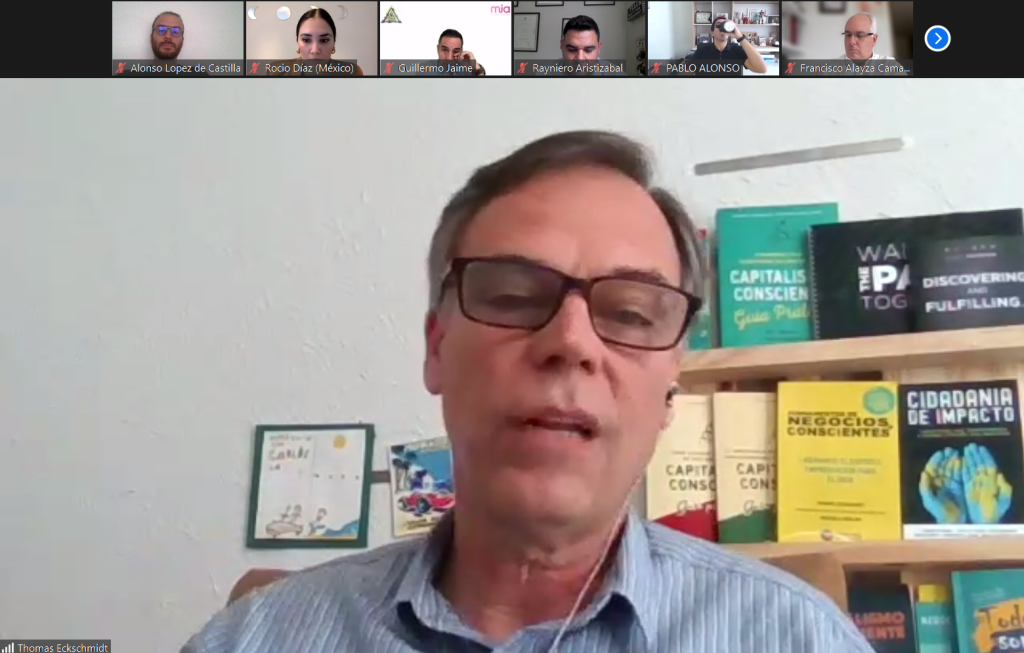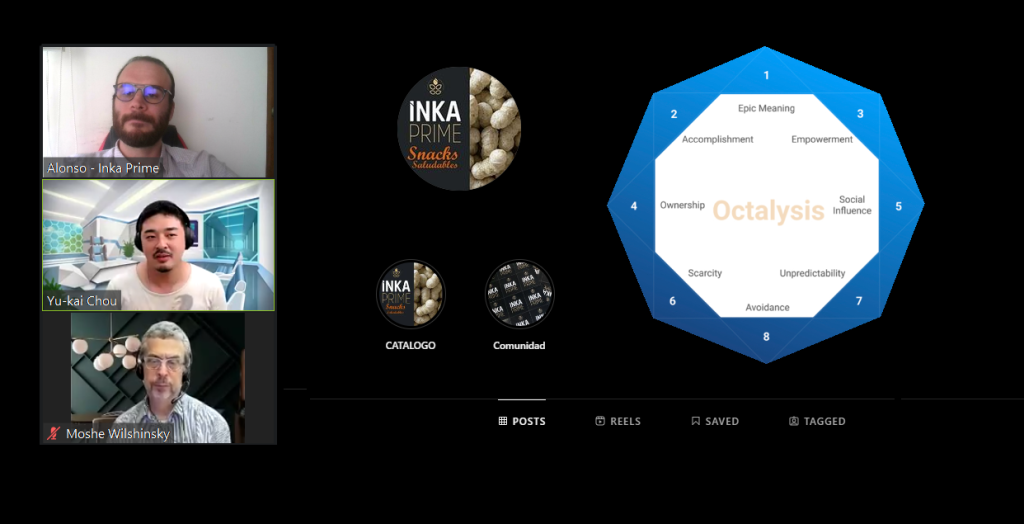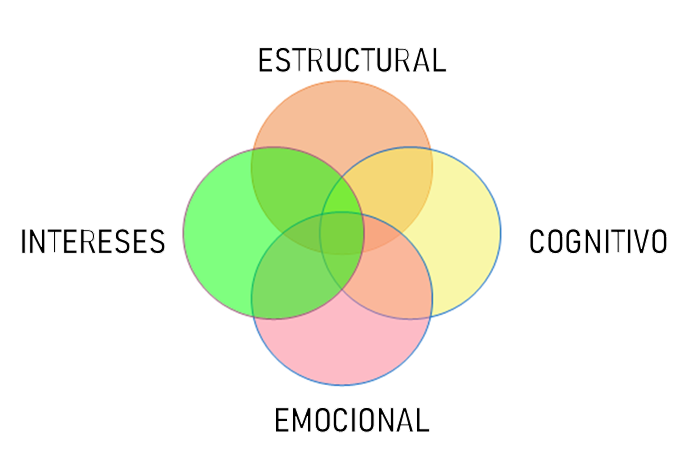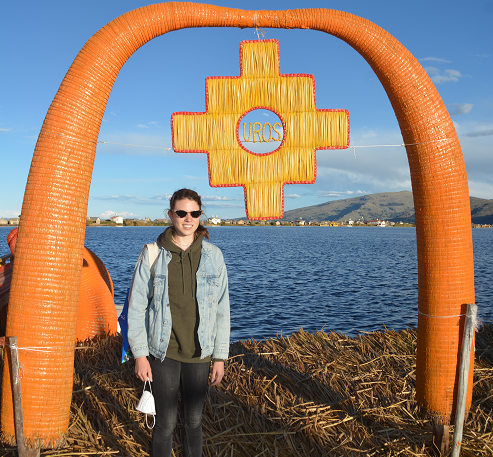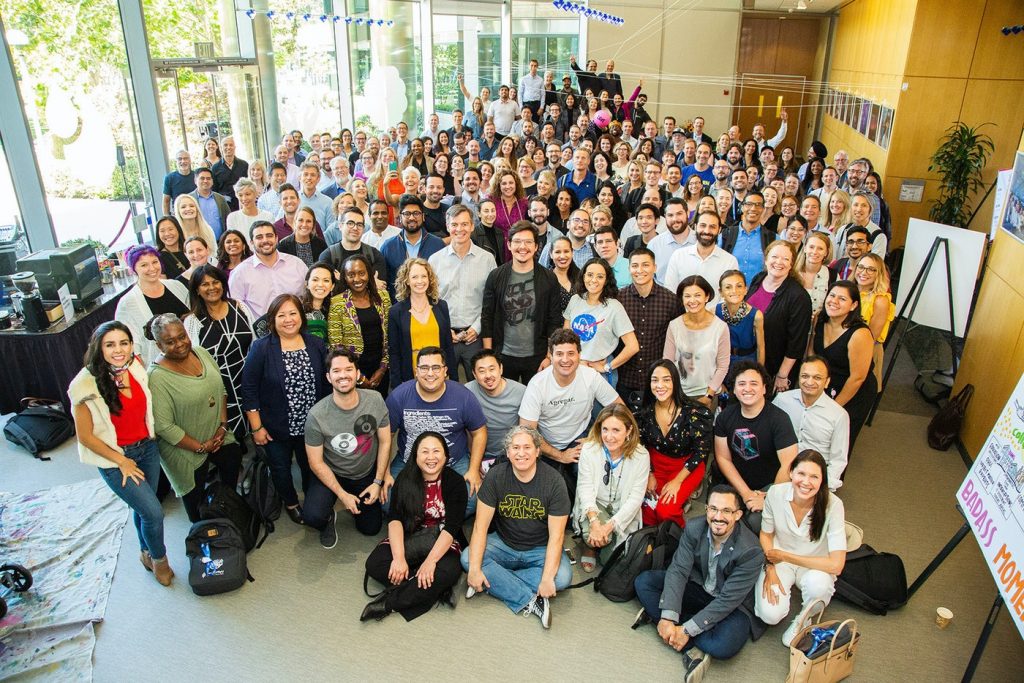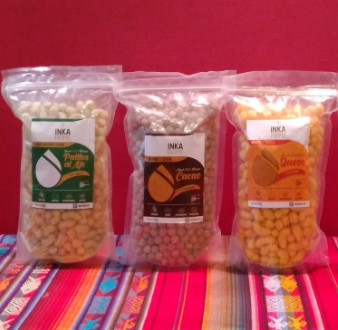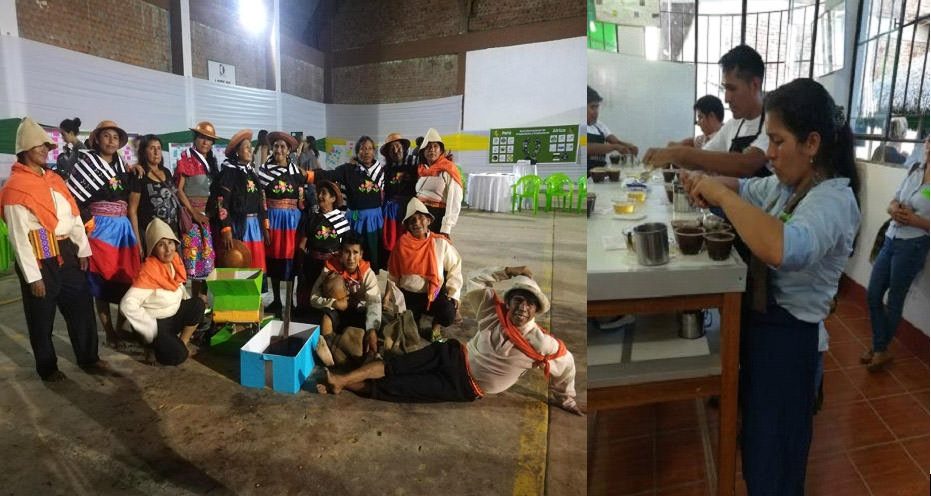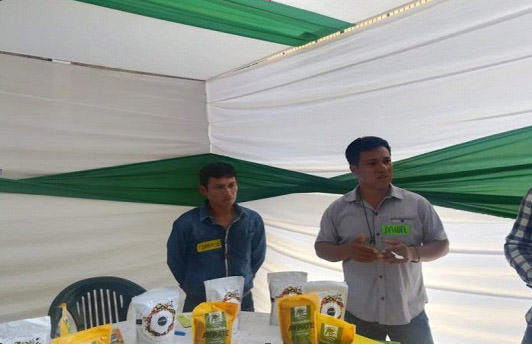The GRADE (The Analysis Group for Development) is a private non-profit, non-politically aligned investigation centre. Its purpose is to develop applicable research with the aim of stimulating and enriching public debate, and to design and implement public policy. GRADE focuses on economic, educational, environmental and sociological topics relevant to the development of Peru and other Latin American countries. For 8 consecutive years, GRADE has been amongst the best social policy think tanks in the world according to ‘The Global Go To Think Tank Index Report’.
For Eduardo Zegarra, main researcher and a former director in Ministry of Agriculture it is crucial to consider a couple of things:
Firstly – the country needs a well-structured rural development policy with the creation of a sub-cabinet for rural development. Secondly – a reform in the Ministry of Agriculture that gives access to small farmers and their families to a platform of services, needs to occur. The GRADE believes that the Ministry of Development and Social Inclusion as well as the Ministry of Production should collaborate with social programs, alongside the private sector partners.

Given the above, a system needs to be created where people trained in rural development train others and offer technical advice and assistance. The flow of such people should be permanent and systematic. The private sector should take the lead; however, any initiative should be in partnership and supported by the government. Without these types of initiatives those involved in agriculture will continue to get older.
Many farmers already possess a wealth of knowledge. In Andean communities these teaching figures as known as “Yachachis” (Quechua for “The One Who Knows”). Despite this, they need more information on how to engage with markets, biological processes, and have a deeper understanding around climate issues.
A good example to follow is our neighbor Chile and what it is doing with the ‘Instituto de Desarrollo Agropecuario (INDAP)’ – The Institute for Agricultural Development which is part of the Ministry for Agriculture. This institution is working against the inequality created between big agro-export companies and small-scale farmers by creating links between them. This is supported by policies created and managed by the Ministry of Economy.
In Peru we should spearhead the reform of the ‘Instituto Nacional de Innovación Agraria’ (INIA) – The National Institute for Agrarian Innovation which has a $200 Million budget, however, is unclear in its aims. It needs to focus more attention on training people in rural development as previously mentioned, with a public – private partnership model taken into account. Contracts between big and small businesses have failed in the past, so it is important to firstly, start the conversation between them, but to also have a legitimating force such as the government to ensure that things go smoothly. Both Small and Big business take risks when entering into a working relationship like this, so its important to guarantee that there are no losers here.

